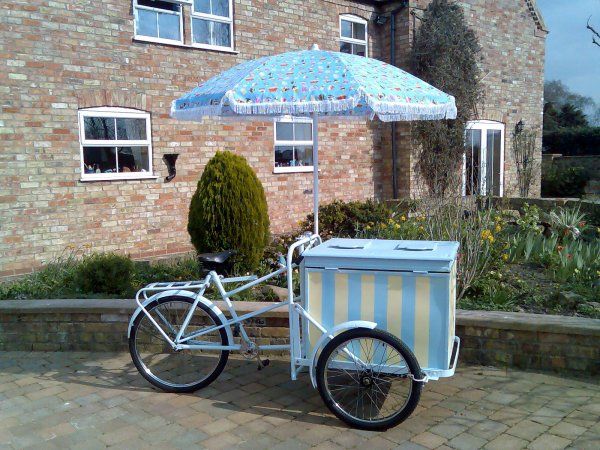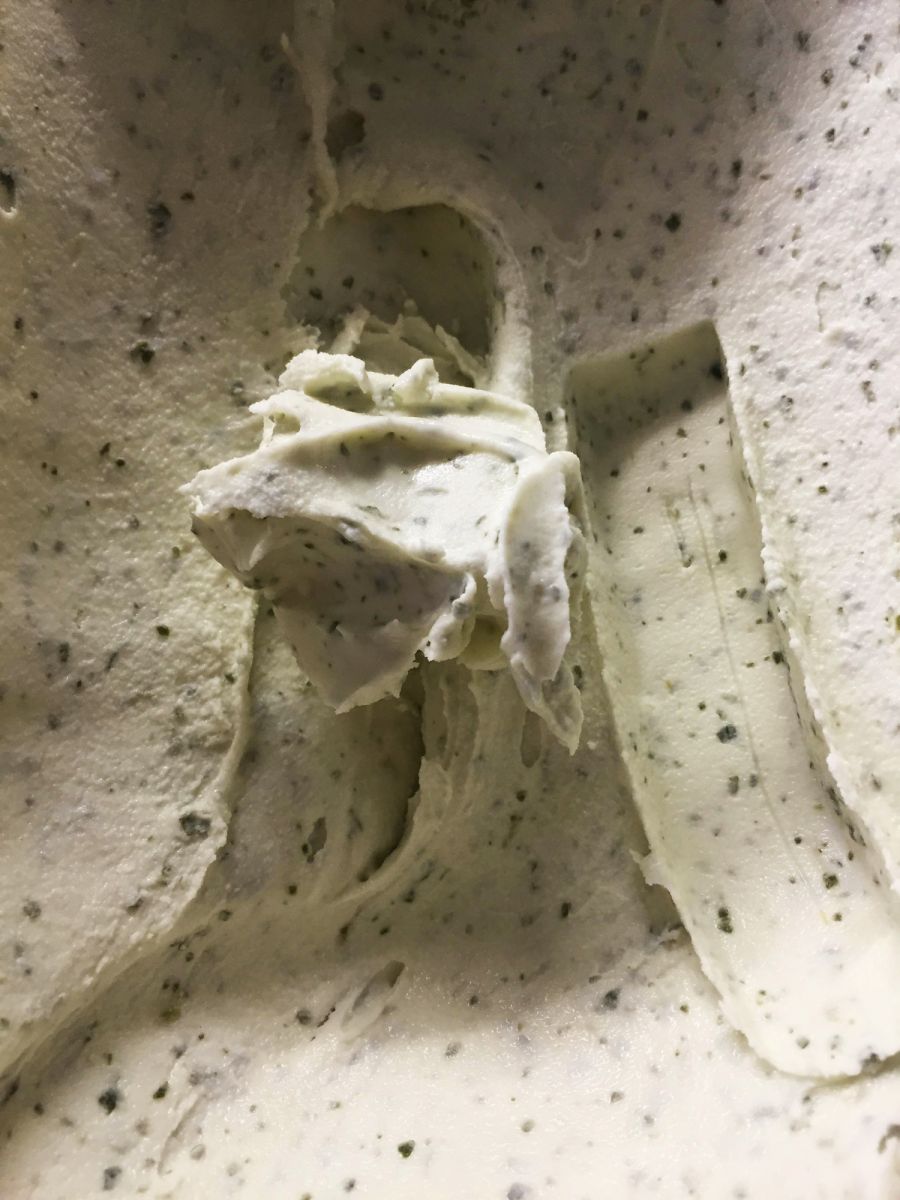The Next "Invasive" is "Native"
-
Location:Parc Duden
-
Participants:Cooking Sections
Humans classify natural species into those that belong and those that do not belong to a certain place. Some plants or animals, which are ‘non-native’ to a specific location and rapidly spread, are believed to cause severe damage to the local environment, economy or human health. These are often described as ‘aliens,’ ‘invaders,’ or ‘pests.’ Increasingly since WWII, both human and non-human migration discourses have used the figure of the ‘non-native’ or the ‘alien’ as a negative input for ‘native’ contexts.
This has led various media to propagate fear and increase levels of panic in public opinion. It sells to declare ‘war to aliens.’ Scaremongering, deflation of property value and the refusal to grant mortgages to homeowners who have found Japanese Knotweed on their premises have also made removal of such species become a very profitable business. European countries are already spending millions of euros on eradication programmes. Vegetal newcomers are no doubt transforming the ecology of Brussels and Belgium at large. However, they can also become an opportunity to learn how we can cope with a world undergoing rapid ecological and geological transformation and embrace plants that come from elsewhere. Working with local foragers, biodiversity experts and urban ecologists, the project questions the making of value in nature, by transforming edible invasive plants into ice-cream.
In parallel to a mobile unit, a sound installation amplifies the sounds of invasives throughout the park. This soundscape, a theatre without actors, is to be enjoyed by humans and non-humans alike. It develops attention towards the new inhabitants of the city, familiarising non-native and native invasives to the city residents, and the park’s flora and and fauna at large.


